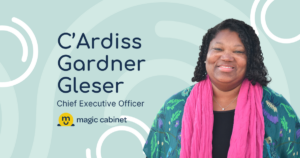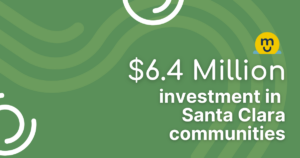Collaborate → Learn → Adapt → Repeat
From day one, we have centered this approach in our work, partnering with nonprofits and communities to co-develop a new model for philanthropy. Rather than creating something for the sake of having a shiny, new thing, we took the long view—investing in lasting change over immediate results.
For some funders, creating sustainable solutions means staying the course and scaling what works. At Magic Cabinet, it also means embracing emergent ideas, remaining flexible in our approach, and sharing what we’ve learned to transform the sector.
As we prepare to launch our next cohorts in Fall 2025, we’re leveling up our model and setting a new standard for how we enter and engage with communities.
Leveling Up to Engagement 2.0
For seven years, Magic Cabinet’s standard community engagement model, or Engagement 1.0, has been the starting point for how we enter new communities and identify potential grantmaking opportunities.
At its core, Engagement 1.0 emphasizes the importance of mutual trust and shared power in helping nonprofits achieve a broader impact in their communities.
Through a multi-tiered process, our team conducts research to identify communities to fund, capturing insights from community leaders and advocates to connect with local nonprofits that are addressing priorities uplifted by the community.
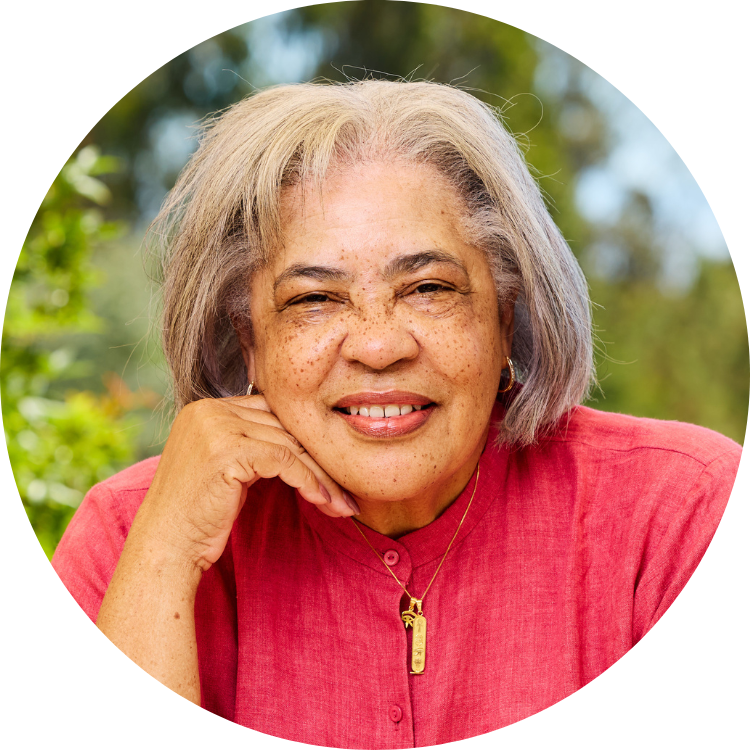
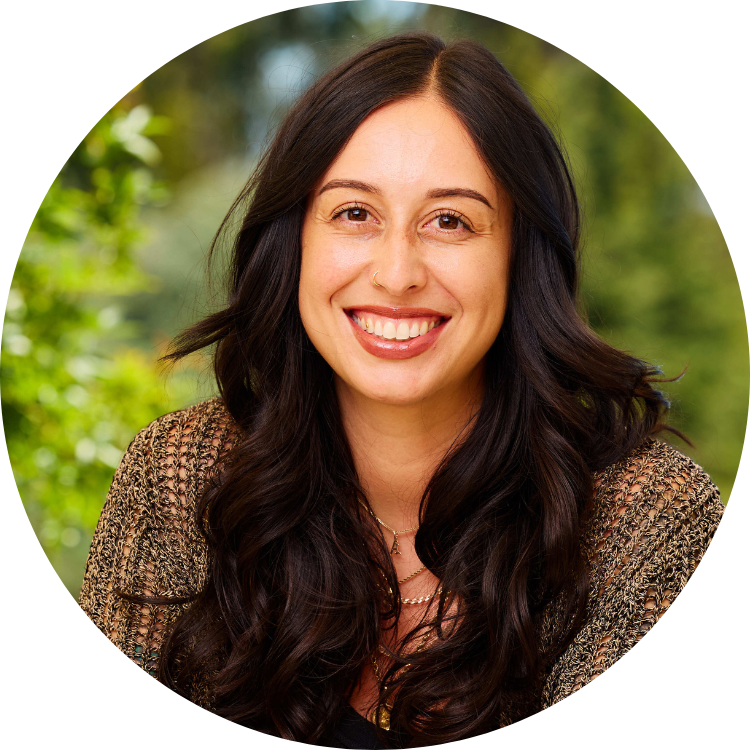
In 2023, we took a pause to evaluate past engagements, learn more about trust-based and participatory practices across the sector, and brainstorm ways to expand our standard model.
In the process, we asked ourselves:
- What indicators and methodology factor into how we choose a community to fund?
- How can we better incorporate community voices when selecting nonprofit organizations to fund?
- Where can we adapt our current processes to better utilize community expertise?
- How do we remain flexible to partner with new-to-us organizations and communities?
What emerged was a desire for a clearer and more equitable framework for future engagements. We wanted to be more intentional about our use of data and increase the community’s role in surfacing nonprofits to fund.
Our team also saw an opportunity to evolve our model to support communities that have been historically overlooked by philanthropy. These internal discussions would mark the beginning of our shift to a new community engagement model, known as Engagement 2.0.
Setting a New Standard for Engagement
In 2025, we will launch our first cohorts in California and Washington State using the Engagement 2.0 model. This evolution of our model will include new tools, a streamlined process, more informal touchpoints with nonprofit partners, and increased community involvement in the decision-making process.
What’s New in Engagement 2.0
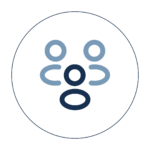
MORE EARLY TOUCHPOINTS WITH COMMUNITY
In addition to interviews with local civic, nonprofit, government, and philanthropic leaders, we will host several community events. These events are designed to build trust and strengthen relationships with community members, and facilitate knowledge sharing around specific community needs and issue areas. Community members will be compensated for their time and participation in these events.

NEW TOOLS TO INFORM COMMUNITY SELECTION
Our team will utilize a mapping tool that highlights trends based on regional foundation investment data and health and equity datasets. This tool will inform our research and help us identify new regions to fund.
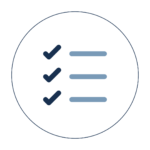
A STREAMLINED APPLICATION PROCESS
We will further simplify our grant application by eliminating repetitive and unnecessary steps and structuring questions to gain a deeper understanding of each nonprofit and its work. We will shift to an online application hosted on our grants management platform, Fluxx, which enables a seamless transition for organizations invited to join a Magic Cabinet cohort.
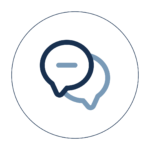
ADDITIONAL INFO SESSIONS WITH PARTNERS
We heard a call for more informal spaces for our partners to connect. Based on this feedback, we will add information sessions for nonprofits to learn more about Magic Cabinet and network with one another.

COMPENSATION FOR COMMUNITY PARTNERS
Drawing from our own research and insights from values-aligned peers, we will incorporate compensation for the time that nonprofits and community members spend with us during the early stages of our community engagement process. We will also increase the compensation amount from $1,000 to $10,000 for all nonprofits that complete the engagement process, reflecting our appreciation for their time, effort, and intentionality.
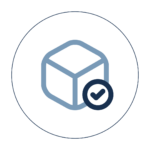
MORE INTENTIONAL USE OF ASSESSMENT TOOLS
Following feedback from our nonprofit partners, we will scale back the use of the iCAT, our current organizational capacity assessment tool, and will soon offer our partners an alternative to the iCAT.
In Engagement 2.0, we will significantly increase community touchpoints and compensation, leveling up our model to set a new standard for how we engage and build trust with nonprofits and community leaders.
Adapting to Community Needs
For some, innovation means building something new. For Magic Cabinet, innovation also means listening to the community and adapting our approach with their needs at the forefront. We’re eager to test, refine, and strengthen this new community engagement model, sharing our insights to engage more funders and move toward community-informed practices.

